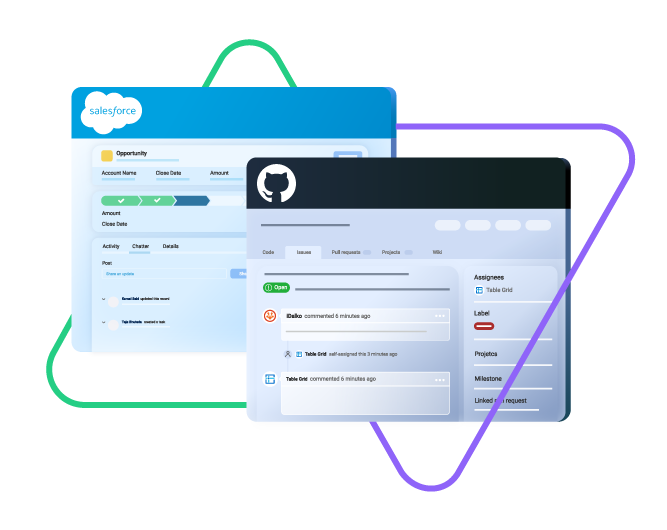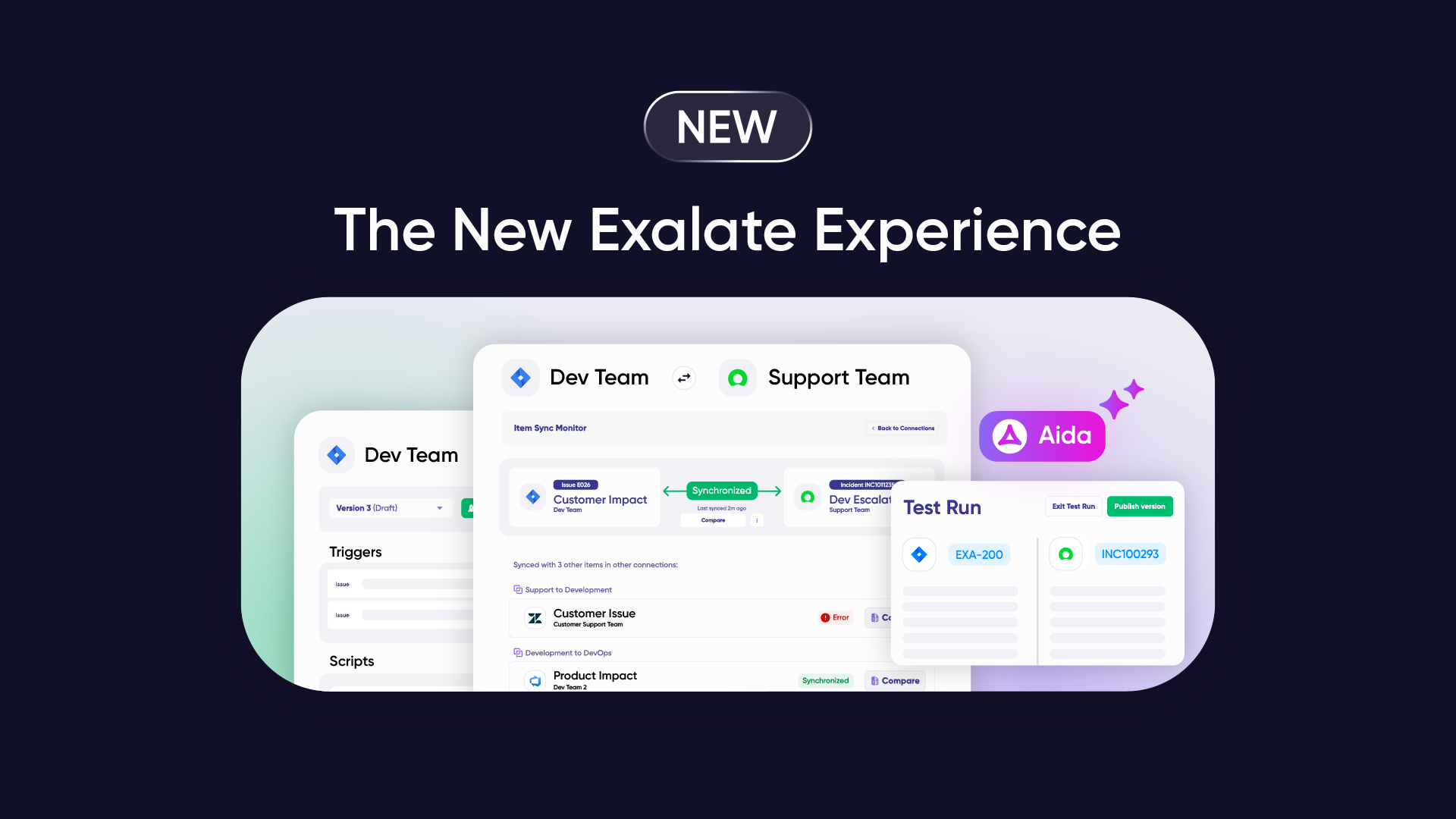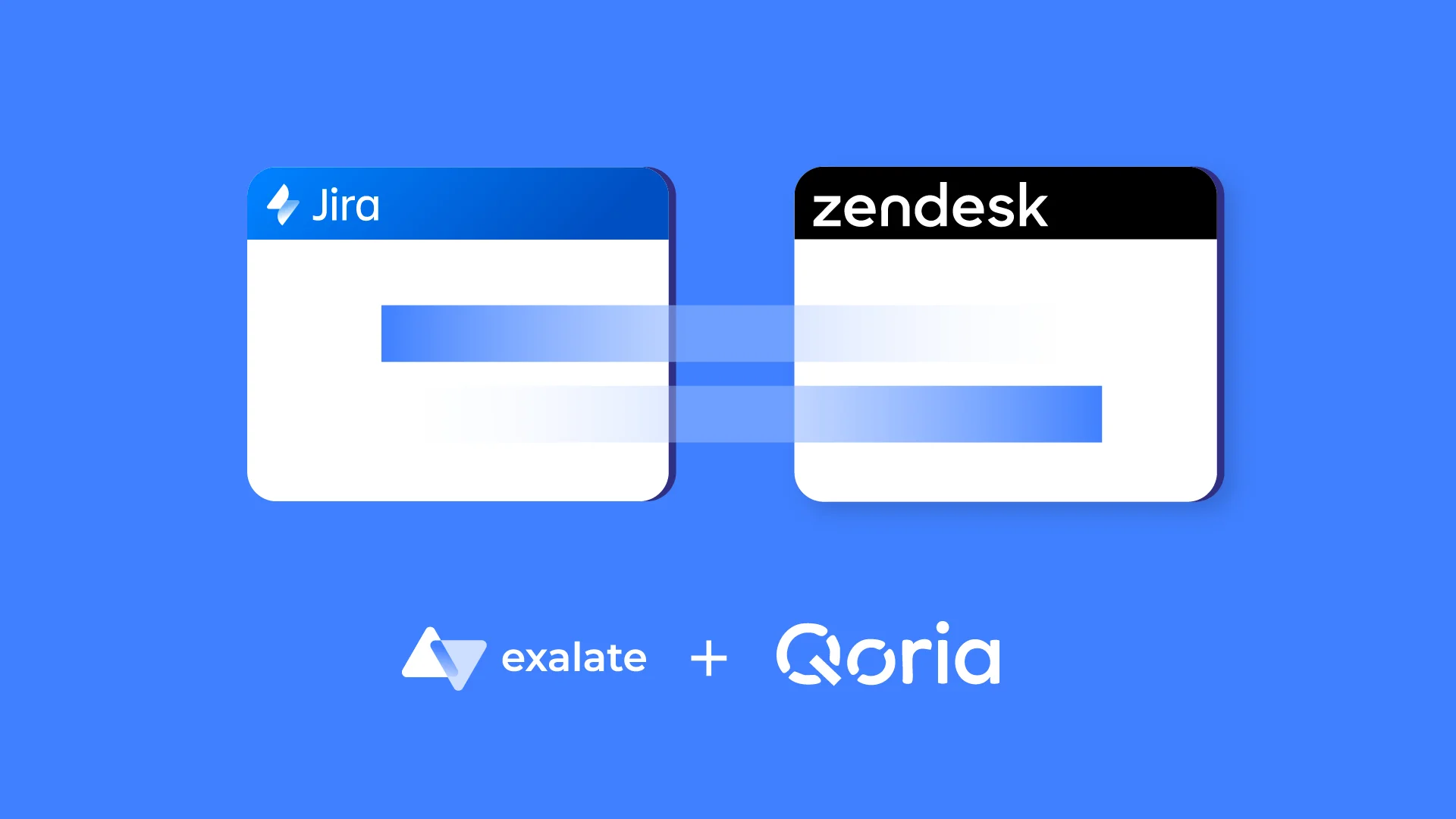Overview
POSaBIT is the premier cannabis point of sale (POS) and payments platform. The system relies on a robust back-end infrastructure and responsive customer support to solve customers’ problems and keep them satisfied.
As a QA Engineer at POSaBIT, Adrian Salazar is responsible for ensuring that the product delivers on its promise of handling robust payments with minimal interruptions. Adrian works with the internal team of developers to test products and features before release.
After months of using Exalate, we reached out to Adrian to ask him about his experience with the product.
Why Choose Exalate?
Asked about the reasons for choosing Exalate over other integrations, Adrian mentioned the following:
- Makes the flow of information seamless and flexible.
- Facilitates the sharing of tickets with the right department instantly.
- Ensures secure communication and information transfer.
- Saves cost because you no longer need to add developers on the Salesforce side.
- Makes it possible to gather more information from tickets.
- Offers excellent product support and online community assistance.
“I’d definitely advise people to join the Exalate community. I was able to figure out a lot from what was going on there. I remember at one point, I had to map specific status from Salesforce to GitHub, and there was already a community question asked there.”
Adrian Salazar, QA Engineer at POSaBIT
Challenges
- Challenging communication between dependent teams
- Manual data extraction, mainly through Slack
- Security of sensitive data
- Rigid workflow due to the difficulty in tracking issues
Operating in the cannabis industry is a challenging task for any startup or company, especially when it comes to establishing seamless communication between different teams. Prior to using Exalate, the communication systems between dependent teams at POSaBIT were overcomplicated, rigid, and tedious.
“We needed to get information about what is going on with the dispensaries through Slack and back-and-forth communications. It was quite long, busy, and overcomplicated work.”
Adrian Salazar, QA Engineer at POSaBIT
For example, getting the needed data from support tickets for the sales team had to occur manually on Slack. As a result, internal teams struggled to track and update issues effectively, resulting in a lack of structure within the company’s communication channels. Moreover, their data was at risk of getting lost in transactions.
Also, POSaBIT needs to factor in security when choosing any integration to ensure that sensitive information doesn’t fall into the wrong hands.
So, adopting an integration solution that could sync multiple teams and tickets seamlessly (without them having to leave the platform they worked on) while providing airtight information security was an absolute necessity for POSaBIT.
Solutions
The first attempt to address the issues was to use third-party integrations on individual platforms.
Developers and sales reps at POSaBIT tried to connect cases and internal documentation with GitHub using Zenhub. But it had only limited components for GitHub integration, which made it difficult to add epics and file release reports.
Additionally, teams at POSaBIT started using Zapier when a case was created, but they couldn’t gather enough information from Salesforce and the integration was not as deep as they required.
“Before the PM team had to create tickets for any information that came in through Slack, but now the PM team does not have to worry about that…They’d do their triage to put that information down every other morning. So that increases their chances of not having to go back and forth. If you were doing this without Exalate, you’d have to create the ticket from Salesforce to GitHub manually.”
Adrian Salazar, QA Engineer at POSaBIT
After trying out these solutions to no sustainable avail, they ended up using Exalate because it made it possible to gather more information from Salesforce. They were able to use instances for dev teams, specifically for GitHub and Salesforce.
Benefits
- Faster ticket creation
- Optimization of the workflows of independent teams
- Faster and easier calls to the client library
- Enabling developers and engineers to make changes to cases on GitHub and vice versa
- Optimizing costs by adding developers on the Exalate side
- Easy mapping of specific statuses from Salesforce to GitHub
- High-quality support and an active community
Adopting Exalate helped POSaBIT improve expectations as a startup because it allowed them to create tickets faster without manually generating them on Salesforce–or tracking them individually in Slack threads. This also helped internal teams optimize workflows and stay in perfect sync with one another.
Adrian also marveled at the speed of response from the Exalate support staff whenever the team encountered problems.
“Learning how to map specific statuses from Salesforce to GitHub was easy because we were able to find solutions from community posts and user guides.”
Adrian Salazar, QA Engineer at POSaBIT
Thanks to Exalate’s secure system infrastructure, POSaBIT engineers were able to call the http client library faster and make changes to cases on GitHub and vice versa. And by adding developers on the Exalate side, they were able to save more costs compared to adding them on the Salesforce side.
“Without Exalate, we would have had to add each developer to Salesforce to be able to track that information, which would have been a huge cost on our side.”
Adrian Salazar, QA Engineer at POSaBIT
Future
Based on the current experience, the company is considering using more instances for internal and external support issues. As the company continues to grow, Exalate will help them create a network of connected teams, clients, and companies.




